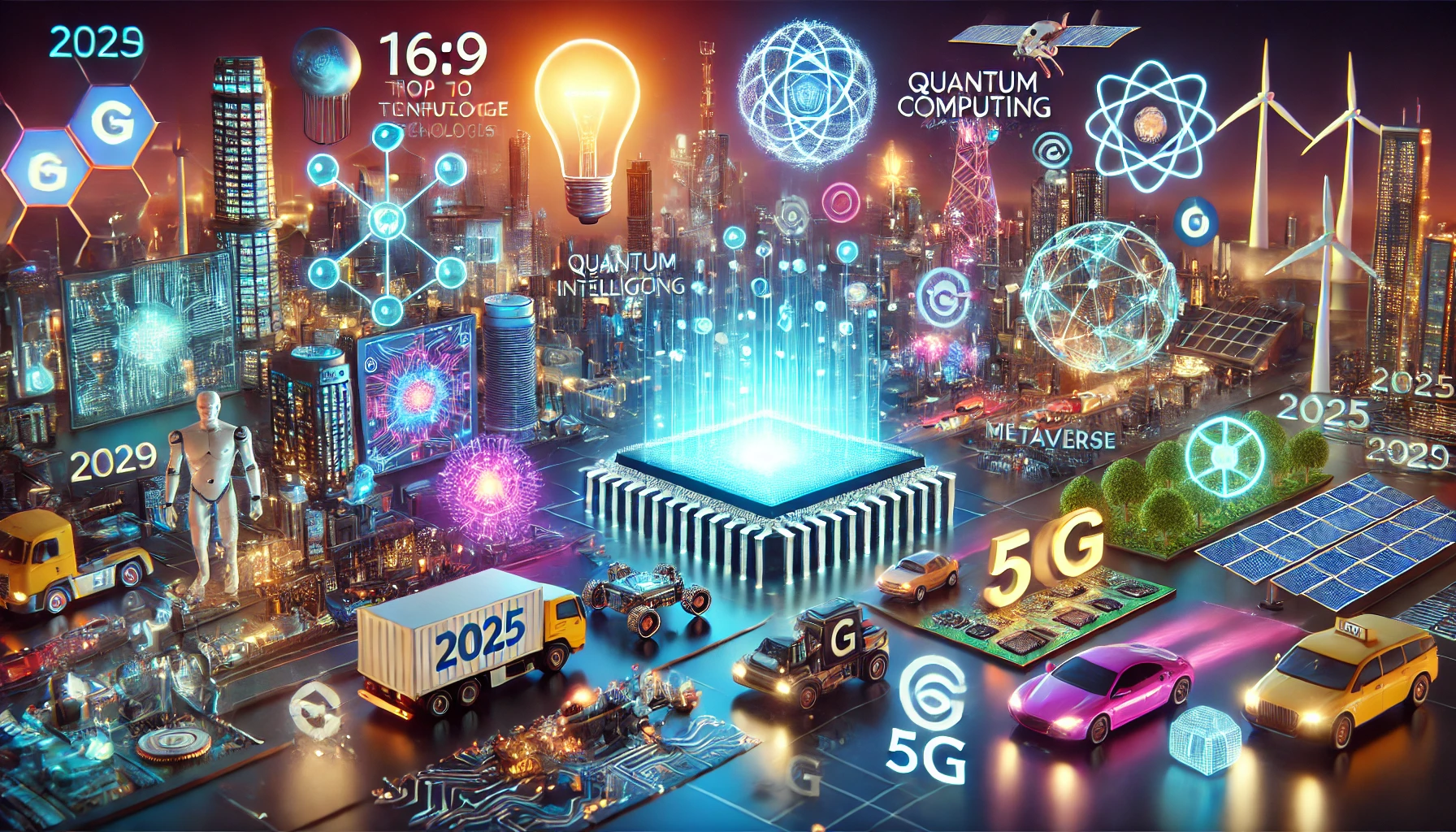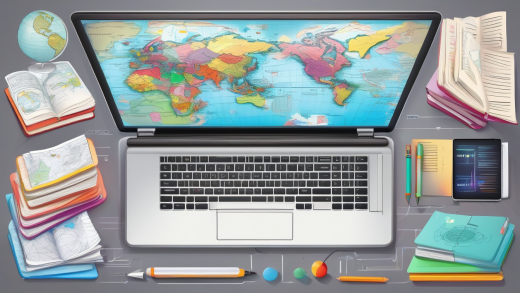In recent years, artificial intelligence (AI) has emerged as a game-changer in the realm of human resources, fundamentally altering how organizations approach talent management. Imagine a world where hiring the right talent is as effortless as clicking a button, where employee engagement is personalized to the individual, and where performance evaluations are fair and data-driven. This is not just a dream; it’s the reality that AI is creating. By harnessing the power of innovative technologies and data-driven insights, businesses are not only enhancing their recruitment processes but also fostering a culture of continuous improvement and engagement.
One of the most significant impacts of AI in HR is its ability to streamline recruitment processes. With the help of AI tools, HR professionals can automate mundane tasks like resume screening and candidate matching. This means they can spend less time sifting through countless applications and more time focusing on strategic decision-making. As a result, the quality of hires improves, and the time it takes to fill positions decreases dramatically.
Moreover, AI is revolutionizing how organizations engage with their employees. By analyzing feedback and preferences, AI-driven platforms can create personalized experiences that resonate with individual team members. This tailored approach not only boosts morale but also significantly enhances retention rates, making employees feel valued and understood.
Furthermore, AI plays a crucial role in performance evaluation and feedback. Traditional methods can often be biased or subjective, but AI provides objective assessments and real-time feedback. This ensures that organizations can identify top performers while also pinpointing areas for improvement, thus fostering a culture of growth and development.
In conclusion, AI is not just a technological advancement; it’s a transformative force in human resources that enhances every facet of talent management. From recruitment to engagement and performance evaluation, AI is paving the way for a more efficient, equitable, and innovative workplace.

Enhancing Recruitment Processes
In today’s fast-paced world, recruitment processes have become more complex than ever. Thankfully, artificial intelligence (AI) is stepping in to streamline these processes, making life easier for HR professionals and candidates alike. Imagine a scenario where the tedious task of sifting through hundreds of resumes is handled by an intelligent system that can quickly identify the best fits for a position. This is not just a dream; it’s happening now!
AI tools are revolutionizing recruitment by automating several key aspects:
- Resume Screening: AI algorithms can analyze resumes faster than any human, identifying relevant skills and experiences tailored to job descriptions.
- Candidate Matching: By using data-driven insights, these tools match candidates with roles they are most suited for, ensuring a higher quality of hires.
- Reducing Time-to-Fill: With automation handling repetitive tasks, HR teams can focus on strategic initiatives, significantly reducing the time it takes to fill positions.
But the benefits don’t stop there! AI also enhances the candidate experience. Imagine applying for a job and receiving immediate feedback on your application status. AI-powered chatbots can provide real-time updates and answer questions, making candidates feel valued and informed throughout the hiring process.
Moreover, AI can help eliminate biases in recruitment. By focusing solely on data, organizations can make fairer hiring decisions, promoting a more diverse workforce. This not only improves company culture but also enhances the organization’s reputation in the job market.
In summary, the integration of AI in recruitment processes is not just a trend; it’s a game-changer. By embracing these innovative technologies, companies can attract top talent more efficiently, ensuring they stay competitive in the ever-evolving landscape of human resources.
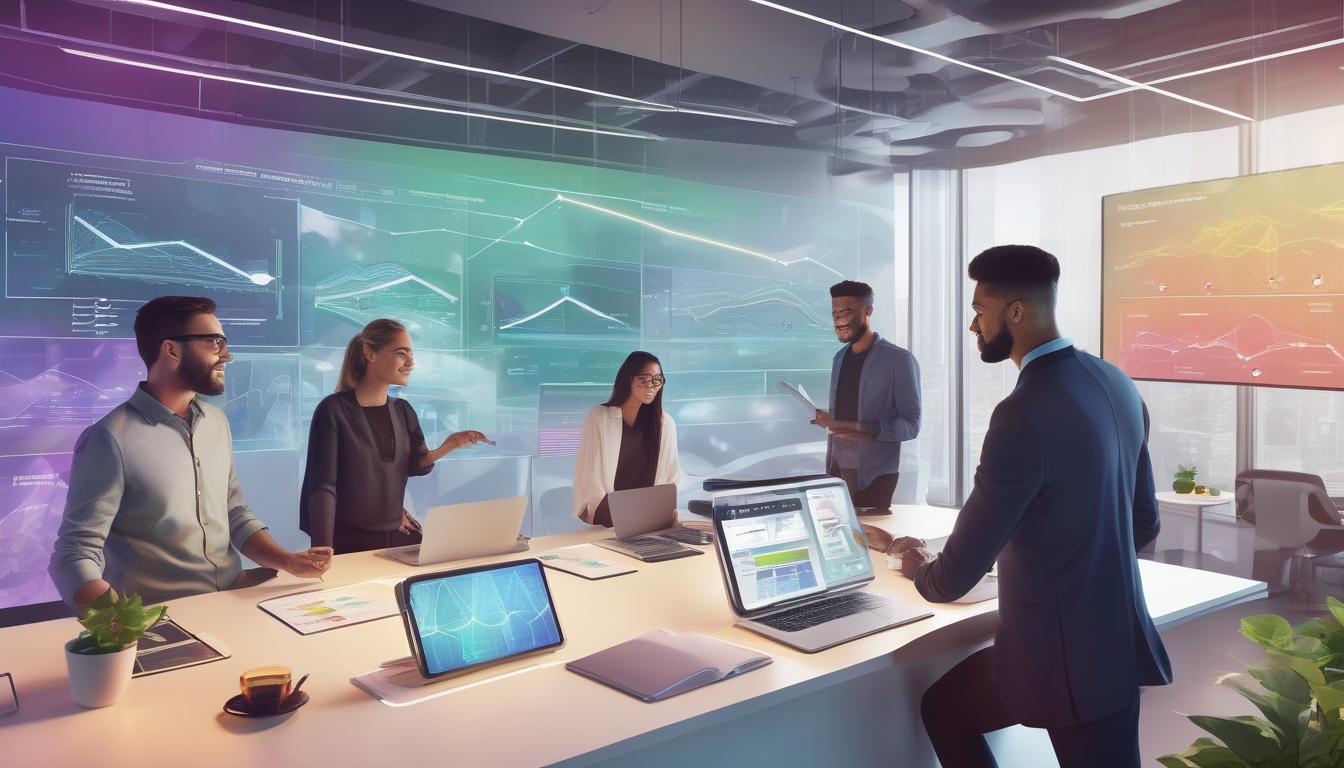
Improving Employee Engagement
In today’s fast-paced work environment, employee engagement has become a hot topic. Companies are realizing that keeping their workforce motivated and satisfied is just as crucial as their bottom line. So, how does AI step in to elevate this experience? Imagine a world where every employee feels heard, valued, and connected to their organization. This is not a distant dream; it’s happening now, thanks to innovative AI-driven platforms.
AI tools analyze employee feedback and preferences, creating a personalized experience that resonates with each individual. For instance, these platforms can gather data from various sources, such as surveys and performance reviews, to understand what truly matters to employees. This information is then used to develop customized engagement strategies that not only boost morale but also enhance retention rates.
Think of it like having a personal coach who knows exactly what motivates you. AI can identify patterns in employee behavior and sentiment, allowing organizations to tailor their initiatives. Whether it’s offering flexible work options, recognizing achievements, or providing career development opportunities, AI helps companies hit the nail on the head.
Furthermore, consider the impact of real-time feedback. Traditional methods often leave employees in the dark, unsure of where they stand. However, with AI, employees can receive instant insights into their performance and areas for improvement. This immediate feedback loop not only fosters a culture of transparency but also encourages continuous dialogue between managers and team members.
In conclusion, AI is not just a tool; it’s a game-changer in enhancing employee engagement. By leveraging data-driven insights, organizations can create an environment where employees feel empowered and motivated. The result? A more productive workforce that’s ready to take on any challenge!

Performance Evaluation and Feedback
In today’s fast-paced work environment, performance evaluation and feedback are crucial for driving success. Traditional methods often fall short, leading to subjective assessments that can hinder employee growth. Enter AI: a game-changer in the realm of performance management. AI tools can provide objective assessments and real-time feedback, transforming how organizations evaluate their workforce.
Imagine having a system that not only tracks performance metrics but also analyzes data to highlight trends over time. With AI, companies can identify top performers and pinpoint areas needing improvement with remarkable accuracy. This level of insight helps HR professionals make informed decisions that can propel both individual and organizational performance.
Moreover, AI minimizes bias in evaluations, a common pitfall in traditional performance reviews. By relying on data-driven insights, organizations can ensure that feedback is fair and equitable. This not only fosters a sense of trust among employees but also encourages a culture of continuous improvement.
To illustrate the impact of AI on performance evaluation, consider the following table:
| Traditional Methods | AI-Driven Approaches |
|---|---|
| Subjective feedback | Data-driven insights |
| Annual reviews | Real-time feedback |
| Limited performance metrics | Comprehensive analytics |
| Potential for bias | Objective assessments |
By integrating AI into performance evaluation, organizations can not only enhance their assessment processes but also create a more engaged workforce. Employees feel valued when they receive timely and constructive feedback, leading to improved morale and productivity. So, why stick to outdated methods when AI offers a pathway to a more effective performance management system?

Data-Driven Decision Making
In today’s fast-paced business landscape, has become a crucial element for organizations aiming to stay ahead of the competition. By leveraging AI analytics, HR departments can sift through vast amounts of workforce data to uncover valuable insights. Imagine having a crystal ball that reveals trends and patterns within your workforce; that’s what AI offers!
With these insights, HR teams can make informed decisions that not only improve operational efficiency but also enhance employee satisfaction. For example, data can highlight areas where employee engagement is lacking, allowing HR to implement targeted initiatives. Think of it as tuning a musical instrument; when you know where the notes are off-key, you can make the necessary adjustments to create a harmonious workplace.
Moreover, AI can assist in identifying skill gaps within the organization. By analyzing performance metrics, HR can pinpoint which skills are underrepresented and develop training programs that align with both organizational goals and employee aspirations. This proactive approach not only fosters a culture of continuous learning but also prepares the workforce for future challenges.
To illustrate the impact of data-driven decisions, consider the following table:
| Data Insight | Action Taken | Outcome |
|---|---|---|
| High turnover in a specific department | Conducted exit interviews and employee surveys | Implemented new engagement strategies, reducing turnover by 25% |
| Skills gap in digital marketing | Developed targeted training programs | Increased team productivity by 30% |
In conclusion, embracing a data-driven approach in HR not only enhances strategic planning but also empowers organizations to create a work environment where employees feel valued and engaged. As technology continues to evolve, the ability to harness data effectively will be a game-changer for talent management.
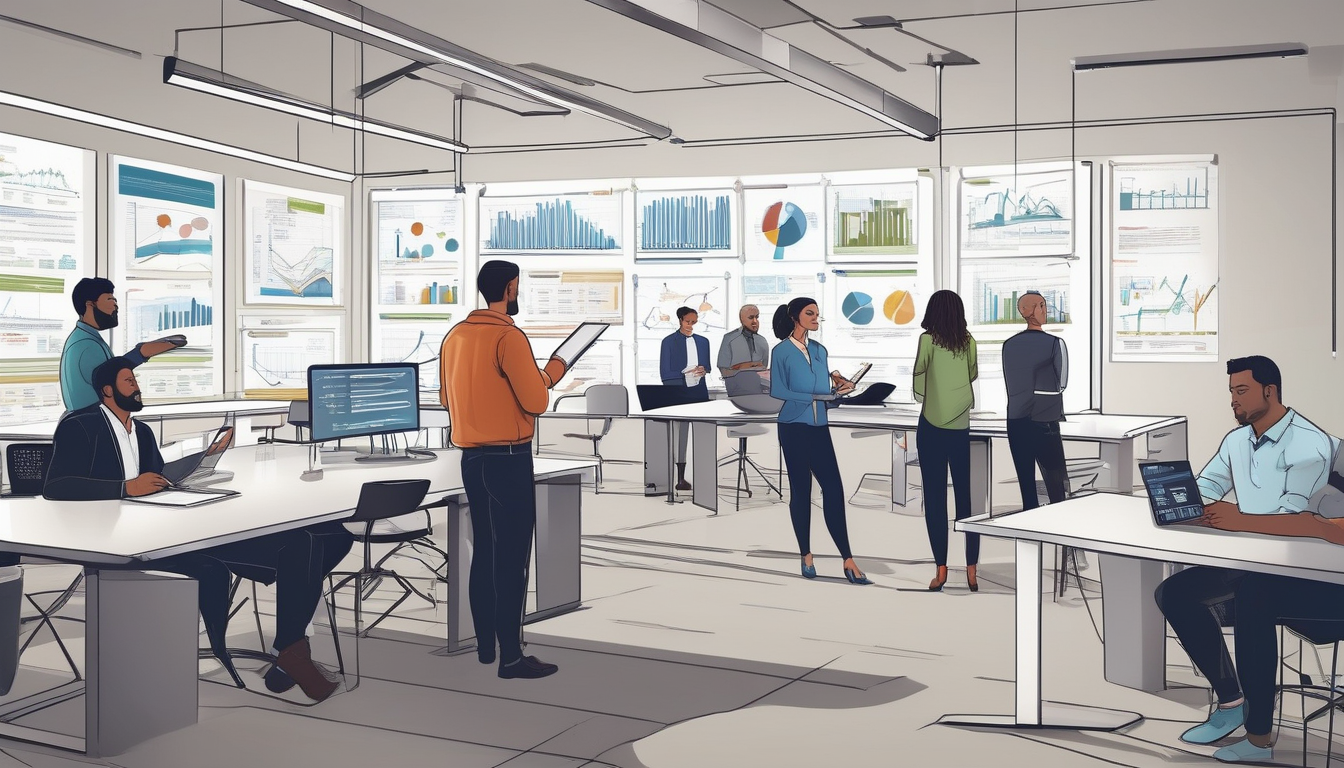
Training and Development Opportunities
In today’s fast-paced world, continuous learning is not just a luxury; it’s a necessity. With the help of AI technologies, organizations can identify skill gaps within their teams and suggest personalized training programs tailored to individual needs. Imagine being able to pinpoint exactly what your employees need to succeed and thrive in their roles! This is where AI shines, transforming traditional training into a dynamic and engaging experience.
AI doesn’t just stop at identifying needs; it also helps in creating a culture of lifelong learning. By analyzing performance data and employee feedback, AI can recommend courses, workshops, and resources that align with both organizational goals and personal aspirations. This means that employees feel more invested in their growth, leading to higher job satisfaction and retention rates.
Moreover, AI-driven platforms can track the progress of training initiatives, providing real-time insights that help HR teams make informed decisions. For example, if a specific training program is not yielding the expected results, adjustments can be made swiftly, ensuring that resources are used effectively. This adaptability is crucial in a world where change is the only constant.
To illustrate the impact of AI on training, consider the following table:
| AI Technology | Benefit |
|---|---|
| Personalized Learning Paths | Tailored training based on individual skills and goals. |
| Real-Time Feedback | Immediate insights into training effectiveness and employee progress. |
| Skill Gap Analysis | Identification of areas needing improvement for the entire team. |
In conclusion, leveraging AI for training and development not only enhances employee engagement but also drives organizational success. It’s like having a personal coach for each employee, guiding them toward their best selves while aligning with the company’s vision. So, why settle for a one-size-fits-all approach when you can customize learning experiences that truly resonate with your workforce?

Predictive Analytics for Talent Management
In today’s fast-paced business environment, predictive analytics has emerged as a game-changer for talent management. By harnessing the power of data, organizations can anticipate workforce trends and make proactive decisions that drive success. Imagine having the ability to foresee employee turnover before it happens—this is the magic of predictive analytics!
At its core, predictive analytics involves using historical data to forecast future outcomes. For HR departments, this means analyzing factors such as employee performance, engagement levels, and even external market conditions. By doing so, companies can identify potential leadership candidates and determine which employees may be at risk of leaving. This foresight allows organizations to take action before issues escalate, ensuring a more stable workforce.
Consider the following key benefits of implementing predictive analytics in talent management:
- Proactive Talent Retention: By identifying employees who may be considering leaving, HR can develop tailored retention strategies, such as career development opportunities or enhanced benefits.
- Succession Planning: Predictive analytics helps identify high-potential employees who can be groomed for leadership roles, ensuring a smooth transition when key positions become vacant.
- Enhanced Recruitment: Data-driven insights can refine recruitment efforts by highlighting the characteristics of successful employees, enabling HR to target candidates who are more likely to thrive within the organization.
Moreover, organizations that leverage predictive analytics not only improve their talent management processes but also foster a culture of continuous improvement. By regularly analyzing data trends, HR teams can adapt their strategies, ensuring they remain aligned with both employee aspirations and organizational goals.
In conclusion, predictive analytics is not just a tool; it’s a strategic ally in the quest for effective talent management. By embracing this technology, companies can not only enhance their workforce planning but also create a more engaged and motivated team ready to tackle the challenges of tomorrow.

Streamlining Onboarding Processes
Onboarding can often feel like a whirlwind for new hires, right? The excitement of starting a new job can quickly turn into confusion if the process isn’t smooth. Artificial Intelligence (AI) is stepping in to change that narrative, transforming onboarding into a seamless experience that sets the stage for success. Imagine walking into your new workplace, and everything is already tailored just for you! That’s the magic of AI.
AI can enhance onboarding experiences by automating various administrative tasks that typically bog down HR teams. From document verification to scheduling training sessions, AI tools can handle these repetitive tasks with ease. This means HR professionals can focus on what truly matters: building relationships and ensuring new hires feel welcomed. For instance, AI can automatically send out welcome emails, set up IT accounts, and even provide access to essential resources, all before the new employee steps through the door.
Moreover, AI-driven platforms can create personalized training schedules based on the individual’s role and previous experience. This tailored approach not only accelerates the learning curve but also increases engagement. Picture this: instead of a one-size-fits-all training program, new hires receive a customized curriculum that resonates with their skills and career goals. This not only boosts their confidence but also enhances their productivity from day one.
Additionally, AI can facilitate smooth transitions into the company culture. By analyzing feedback from new employees, organizations can continuously refine their onboarding processes. This feedback loop ensures that the onboarding experience evolves and adapts over time, making it more effective for future hires. In essence, AI is not just about efficiency; it’s about creating a welcoming environment that fosters connection and belonging.
In conclusion, by leveraging AI technologies, organizations can streamline their onboarding processes, making them more efficient and personalized. This not only enhances the new hire experience but also sets the foundation for long-term employee satisfaction and retention.
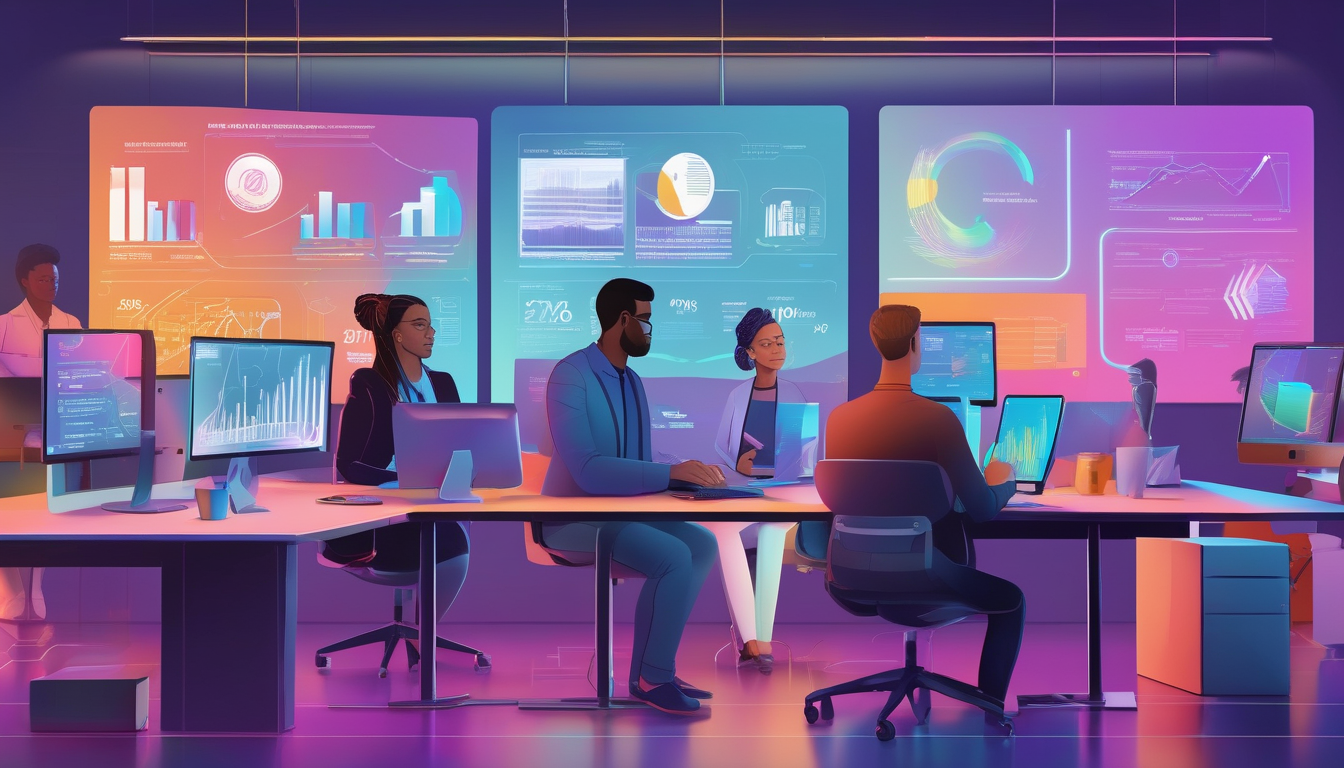
Addressing Diversity and Inclusion
In today’s dynamic workplace, diversity and inclusion are not just buzzwords; they are essential components of a thriving organizational culture. AI tools can play a pivotal role in identifying and mitigating biases in hiring and promotion processes. By analyzing data from various sources, these technologies can highlight areas where inequities may exist, offering HR departments a chance to implement effective strategies that promote a more inclusive environment.
Consider this: a company that embraces diversity is like a well-tuned orchestra, where each instrument contributes to a harmonious sound. AI acts as the conductor, ensuring that every note is heard and valued. By leveraging algorithms that assess candidate backgrounds and experiences, organizations can uncover hidden talent pools that might otherwise go unnoticed. This not only enriches the workforce but also enhances creativity and innovation.
Moreover, AI can assist in monitoring workplace dynamics by analyzing employee feedback and engagement levels. For instance, platforms can track sentiment analysis from employee surveys, revealing insights into how diverse groups feel about their experiences at work. This data is crucial for HR professionals aiming to foster a culture of belonging. When employees feel valued for their unique perspectives, it leads to higher morale, increased productivity, and lower turnover rates.
To further illustrate, let’s look at a few key benefits of using AI in promoting diversity and inclusion:
- Bias Detection: AI can identify patterns of bias in hiring decisions, allowing organizations to refine their processes.
- Enhanced Recruitment: By broadening the search criteria, AI can help attract diverse candidates who may not fit traditional molds.
- Inclusive Culture: Continuous monitoring of employee sentiment helps maintain an equitable workplace environment.
In conclusion, the integration of AI into diversity and inclusion initiatives is not just a trend; it’s a transformative approach that can lead to sustainable change. As organizations strive to create a more equitable workplace, embracing these technologies will be key to unlocking the full potential of their diverse talent.
Frequently Asked Questions
- How does AI enhance the recruitment process?
AI enhances recruitment by automating tedious tasks like resume screening and candidate matching. This allows HR professionals to concentrate on strategic decision-making, ultimately improving the quality of hires and reducing the time it takes to fill positions.
- Can AI really improve employee engagement?
Absolutely! AI-driven platforms analyze employee feedback and preferences, enabling organizations to create personalized engagement strategies. This tailored approach can significantly boost morale and retention rates.
- What role does AI play in performance evaluation?
AI assists in performance management by providing objective assessments and real-time feedback. This helps organizations identify top performers and areas needing improvement while minimizing bias in evaluations.
- How can data-driven decision-making benefit HR?
By leveraging AI analytics, HR departments can make informed decisions based on workforce data. This allows them to identify trends and patterns that enhance strategic planning and resource allocation.
- What are the advantages of using AI for training and development?
AI technologies can pinpoint skill gaps within teams and suggest personalized training programs. This fosters continuous learning and development that aligns with both organizational goals and employee aspirations.
- How does predictive analytics help in talent management?
Predictive analytics allows AI to forecast employee turnover and identify potential leadership candidates. This enables organizations to take proactive measures for talent retention and succession planning.
- In what ways does AI streamline onboarding processes?
AI enhances onboarding by automating administrative tasks and providing personalized training schedules. This creates a smoother transition for new hires into the company culture.
- Can AI address diversity and inclusion in the workplace?
Yes! AI tools can help organizations identify biases in hiring and promotion processes, allowing HR to implement strategies that promote diversity and inclusion, fostering a more equitable workplace.

